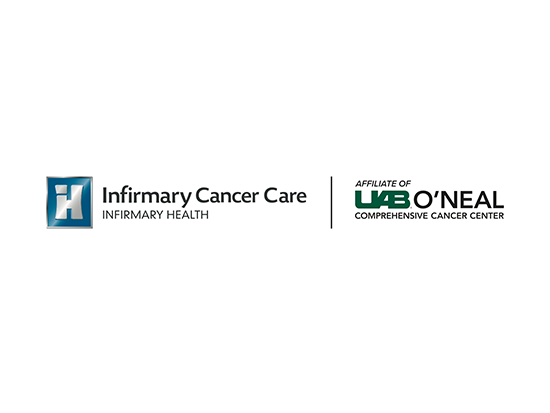A PET-CT scan is an imaging test that combines a PET scan with a CT scan to provide a more complete picture of the body. PET stands for positron emission tomography; CT stands for computed tomography. The PET-CT scans are able to show tiny tumors in the body and small changes in the heart and brain. PET-CT provides the possibility of earlier detection of cancers, heart disease, and dementia. The metabolic activity of cells (such as how they use sugars) can be imaged using PET-CT. Cancer cells typically use more sugar than regular cells, so by injecting a small amount of a sugar molecule with a radioactive tag (radiopharmaceutical), cancer growth can be seen. The test can also tell how the cancer is responding to brain treatment. Pictures of cellular activity can show problems such as Alzheimer’s, dementia, and epilepsy. PET is the most accurate way to tell, after a heart attack, whether or not heart tissue has been killed or only damaged. PET can look at blood flow and the effects of blockages in the coronary arteries. UAB is a center for the development of many new radiopharmaceuticals which may push the boundaries on the diagnosis and treatment of many diseases.
The diagnostic and therapeutic services provided by UAB Radiology play an important role in the comprehensive care delivered at UAB, and Radiology works with every department within UAB Medicine. Our radiology and interventional radiology physicians are national leaders in their field and widely published in peer-reviewed journals and textbooks. They are actively involved in testing and teaching for new techniques and equipment, and they partner with your other physicians to deliver care. UAB Radiology team members are committed to safety and use the American College of Radiology guidelines for dosage and safety procedures. UAB Interventional Radiology’s new ambulatory clinic – located within The Kirklin Clinic of UAB Hospital – provides patients with enhanced pre-procedure evaluations, follow-up services, and more comprehensive care for complex conditions.
As part of a leading academic medical center, UAB Radiology oversees or participates in clinical trials that may provide new opportunities for low-dose drugs, more effective tests, and other new techniques and treatments that are not available elsewhere in the area. The extensive experience and expertise of our radiologists and technologists help ensure that the most accurate and in-depth testing is used in evaluating and treating your condition. We use the latest interventional devices and most advanced imaging techniques, including fluoroscopy, ultrasound, sonogram, and CT (computed tomography) scans. We perform an average of 7,600 CT scans and 3,600 sonograms each month, all while making your comfort and convenience our top priority. Our efficient, attentive staff and the availability of multiple imaging units will help your radiology visit go smoothly.
As a large teaching hospital, UAB Medicine is on the forefront of imaging equipment, and we frequently play a role in improving traditional and emerging imaging technologies, including some designed to reduce radiation exposure during tests. One example is the GE Healthcare CT 750 HD CT scanner, which is used at the UAB Radiology clinic to obtain high-definition images while reducing patients’ radiation exposure.
Resources
Related Specialties
Clinical Trials
Speak to your physician about your options and browse the link below for more information



